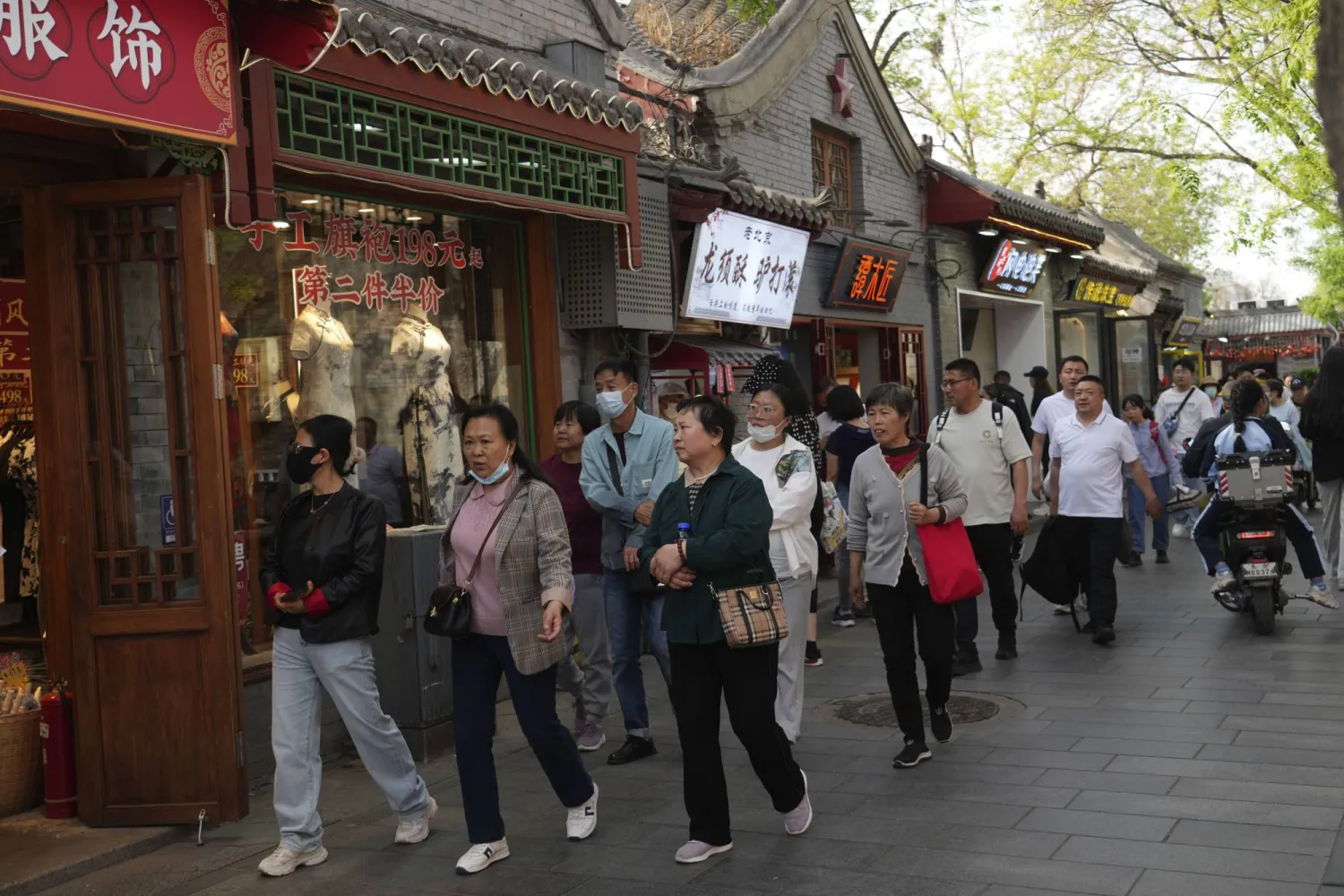Chinese spies have targeted the Dutch semiconductor, aerospace and maritime industries to try to strengthen China's armed forces, the Dutch military intelligence agency MIVD said in its annual report published on Thursday.
As part of an ongoing trend of Chinese political espionage against the Netherlands and its allies, China is investing heavily in the collection of western knowledge and technical capabilities, the agency said.
"China wants to be independent from western knowledge and technology (and) wants to build a military that can match any other," Reuters quoted the MIVD as saying.
"To do so, it needs advanced technology it doesn't yet fully possess. It tries to get this abroad, using legal means such as research and investments, but also through its intelligence agencies."
Dutch intelligence agencies first publicly attributed cyber espionage to China in February, when they said state-backed cyber spies had gained access to a Dutch military network last year.
Last year, the Netherlands joined a US effort to keep certain chipmaking technology from China for national security reasons, restricting the export by leading chipmaking equipment maker ASML of certain deep ultraviolet (DUV) equipment for Chinese customers.
Earlier this month, the US government also pressed the Netherlands to stop ASML from servicing some tools in China, according to people familiar with the matter.
In its annual report, the MIVD said China continued to target western armed forces for their knowledge on modern weapon systems and operational expertise, while also seeking out other advanced industries.
"China tries to get hold of technology in the Netherlands in various ways, using a combination of (cyber) espionage, company insiders, acquisitions, circumvention of export restrictions and reverse engineering of technology for which no licenses are required," the agency said.
The agency said Chinese intelligence agencies had broadened the scope, intensity and technical level of its cyber campaigns over the last year.
Chinese universities also play an important role in gathering intelligence, it said, as scientists who work with western companies often also work for China's security services and state companies.
Intelligence Agency: Chinese Spies Target Dutch Industries to Strengthen Military

Visitors pass through at the Nanluoguxiang, the capital city's popular tourist spot in Beijing, China, Wednesday, April 17, 2024. (AP Photo/Tatan Syuflana)

Intelligence Agency: Chinese Spies Target Dutch Industries to Strengthen Military

Visitors pass through at the Nanluoguxiang, the capital city's popular tourist spot in Beijing, China, Wednesday, April 17, 2024. (AP Photo/Tatan Syuflana)
لم تشترك بعد
انشئ حساباً خاصاً بك لتحصل على أخبار مخصصة لك ولتتمتع بخاصية حفظ المقالات وتتلقى نشراتنا البريدية المتنوعة







